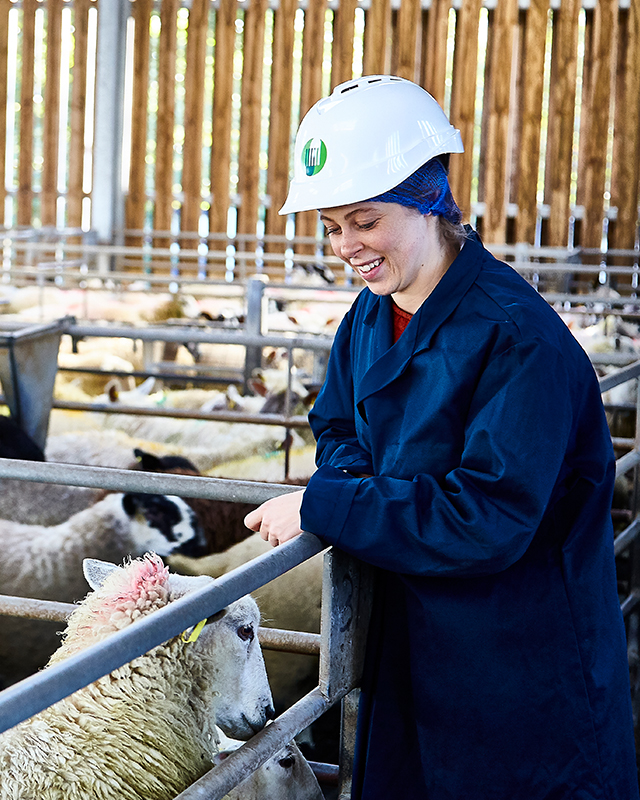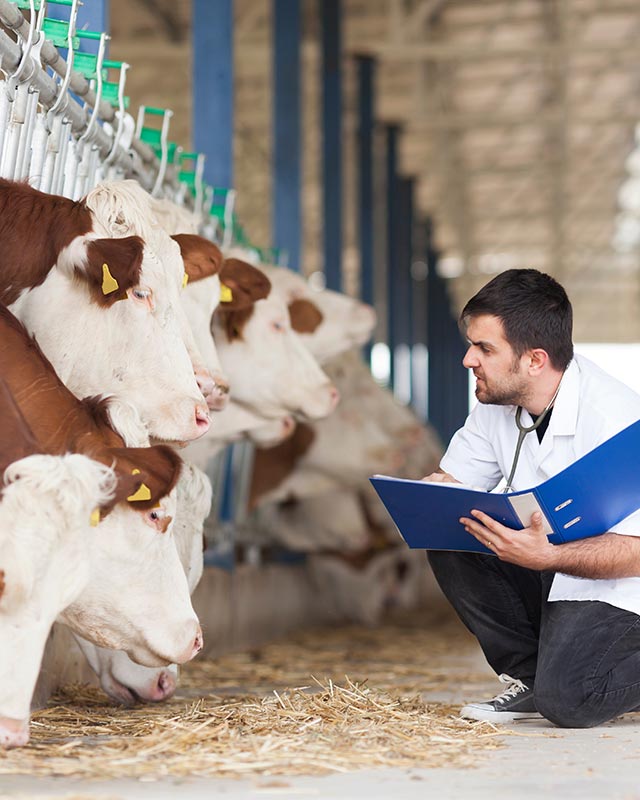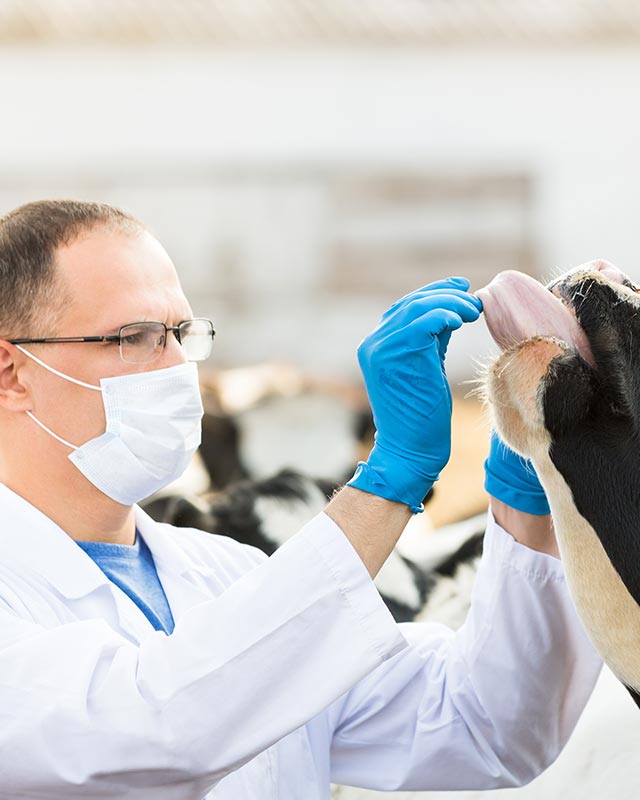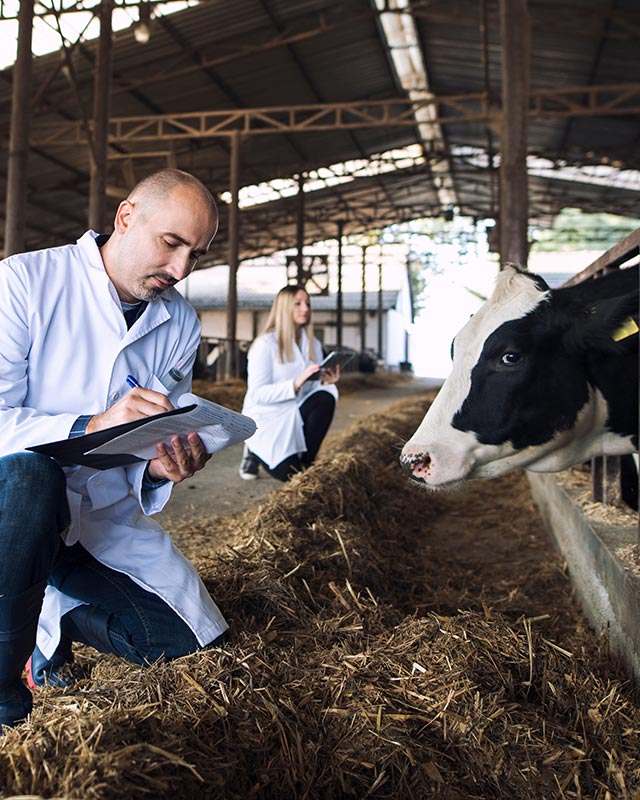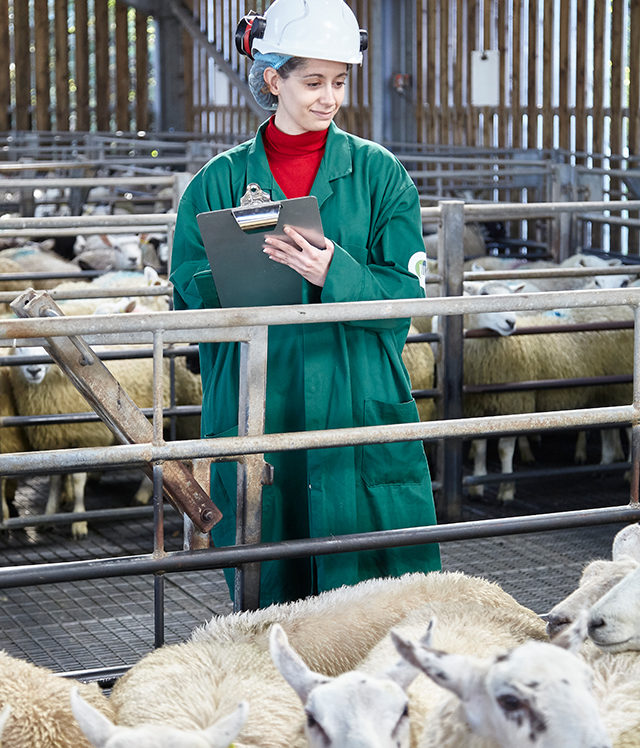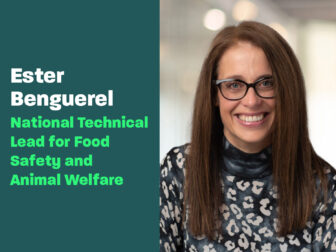The Border Target Operating Model (TOM) sets out a new model to control goods coming into the country, including imports from the EU.
It will simplify and streamline trade processes with investment in new technology and introduce a new regime for sanitary, phytosanitary and security controls.
The UK Single Trade Window will come into effect over 12 months from 31st October 2023.
Patricia Gonzalez, Imports Technical Lead
The proposals to review agencies and border checks directly impact the work of Official Veterinarians. Patricia Gonzalez, Imports Technical Lead at Eville & Jones, explains what this means for POAO imports and gives her thoughts and opinions on TOM:
The intention to streamline trade processes is welcome. However, my concerns are:
- Will achieving simplification mean reducing controls?
- More countries will need to adopt electronic certification systems before it can be effective.
- Will safeguards be in place to ensure a “Trusted Exporter” status is maintained once awarded?
The proposal for the sanitary and phytosanitary controls covers three areas:
A new global risk-based approach
Categorising products as low, medium and high risk, based on the commodity and the country of origin, is reasonable. My concern is guaranteeing that lower-risk products maintain that status. These products are subject to minimal checks, which will not identify negative changes.
Simplified and digitised health certificates
Introducing electronic certification is safer and difficult to falsify. Any country issuing electronic certificates should have a secure portal through which the GB Border authorities can verify it is legitimate. Unfortunately, few countries have these systems; we need to consider more than what GB aims for and whether the exporting country is equipped to deliver.
There are many references to a “simplified HC” but not an explanation of what they are. Will this mean a reduction in public and animal health attestations? – the private sector will push hard to achieve simplification by reducing controls, which is a massive mistake.
Use trust:
A “trusted exporter” can import goods with minimum controls, provided they have made enhanced assurances and evidence of meeting the regulatory requirements. However, how reliable is the evidence? Will there be a review process to prevent future infringements? Without proper controls, it will open up opportunities to abuse the system.
I am surprised the TOM states that the reduction in checks is beneficial, which includes the complete removal of controls in low-risk products compared to the EU approach.
The controls in composite products are now stricter in the EU, as GB didn’t implement the EU legislation amendments from 2020. Under the TOM, composite products are not subject to any controls. How will we guarantee that composite products, the raw materials used in manufacturing, are from a trusted origin?
It will also impact exports with a triangular trade aspect. Presently, we expend considerable time and effort to identify which products are subject to vet checks and which are not. Implementing TOM will mean applying the same scrutiny but with a higher volume of consignments that will not need vet checks; therefore, charges will not apply. How is that time going to be funded?
Accredited Trusted Trade Scheme
If the only option is to accept the Accredited Trusted Trade Scheme, these importers need to be audited, authorised and controlled by the Government or independent professionals.
The TOM places trust in importers to declare what needs checking and what does not – giving control to the private sector, which is not impartial and lacks the knowledge to address the risks.
After 16 years working in a BCP, I have witnessed importers trying to trick the system knowingly and importers who are simply unaware of all the requirements. It needs to be monitored by independent qualified professionals.
This is a service that Eville & Jones has the experience and qualified veterinary public health professionals to provide. A Trusted Exporter should undergo a regular review to maintain the required standards.
I welcome and applaud technological improvements and reduced data duplication, but reducing checks and official controls without a robust accreditation scheme is unwise.
